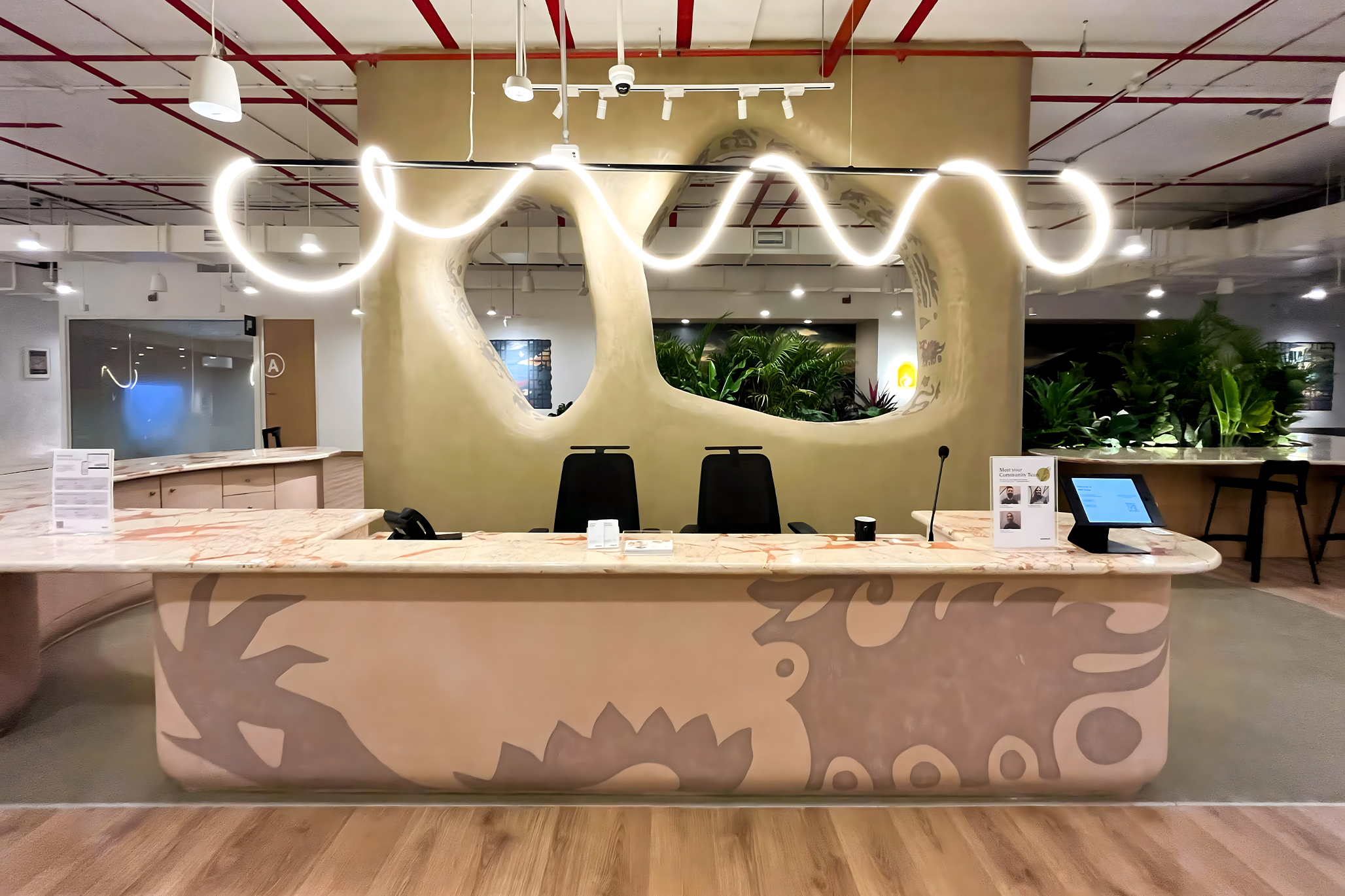
In recent years, LED lighting has emerged as the preferred choice for commercial spaces, and for good reason. The advantages of LED lighting go beyond mere energy efficiency; they encompass cost savings, improved employee productivity, enhanced customer experiences, and environmental benefits. This blog explores the myriad benefits of LED lighting for commercial spaces, highlighting why businesses across various industries are making the switch.
LED lights are significantly more energy-efficient than traditional incandescent and fluorescent lighting. They use up to 75% less energy while providing the same, if not better, quality of light. This reduction in energy consumption translates directly into lower electricity bills, making LED lighting a cost-effective choice for businesses.
The lifespan of LED lights is much longer than that of traditional lighting solutions. LEDs can last up to 50,000 hours or more, compared to 1,000 hours for incandescent bulbs and 8,000 to 10,000 hours for fluorescent lamps. This longevity reduces the frequency of replacements, thereby lowering maintenance costs and minimizing disruptions to business operations.
Many utility companies and government programs offer rebates and incentives for businesses that switch to energy-efficient lighting solutions like LEDs. These incentives can further offset the initial investment costs, making the transition even more financially attractive.
LED lights provide superior lighting quality with higher color rendering indices (CRI), which means they render colors more accurately and vividly. This is particularly important in commercial settings like retail stores, where accurate color representation can enhance product appeal and influence purchasing decisions.
Unlike some traditional lighting options, LED lights offer flicker-free illumination. This is crucial in environments where consistent lighting is essential, such as offices and manufacturing facilities. Flicker-free lighting reduces eye strain and headaches, contributing to a more comfortable and productive workspace.
LED lighting solutions are highly versatile and can be customized to meet specific needs. They are available in various color temperatures, from warm white to cool daylight, allowing businesses to create the desired ambiance. Additionally, LEDs can be dimmed and controlled with precision, enabling dynamic lighting schemes that can adapt to different tasks and times of the day.
Proper lighting is essential for creating a conducive work environment. LED lighting can be tailored to provide optimal brightness levels and reduce glare, which helps prevent eye strain and fatigue. Employees working under well-designed LED lighting are likely to experience improved comfort and productivity.


LED lighting can be designed to support natural circadian rhythms by mimicking the patterns of natural daylight. This is particularly beneficial in offices and other indoor environments where employees spend long hours. By promoting alertness during the day and relaxation in the evening, circadian lighting can improve overall well-being and job satisfaction.
In retail settings, lighting plays a crucial role in creating an inviting atmosphere and highlighting merchandise. LED lighting can be used to create stunning visual effects, draw attention to key products, and enhance the overall shopping experience. Well-lit stores are more likely to attract customers and encourage them to spend more time browsing.
In commercial spaces like parking lots, warehouses, and building exteriors, proper lighting is essential for safety and security. LED lights provide bright, consistent illumination that enhances visibility and deters criminal activity. Improved lighting can reduce the risk of accidents and create a safer environment for both employees and customers.
Switching to LED lighting significantly reduces a business's carbon footprint. LED lights consume less electricity, which means fewer fossil fuels are burned to generate power. Additionally, LEDs contain no hazardous materials like mercury, making them a safer and more environmentally friendly option.
The long lifespan of LED lights means fewer replacements and less waste. This is particularly important for businesses looking to reduce their environmental impact. By choosing LED lighting, companies can contribute to a more sustainable future.
Many businesses are striving to achieve green building certifications such as LEED (Leadership in Energy and Environmental Design). LED lighting can help meet the stringent energy efficiency and sustainability criteria required for these certifications, demonstrating a commitment to environmental responsibility.
LED lights can be easily integrated with smart building systems, allowing for advanced control and automation. Smart lighting systems can adjust brightness levels based on occupancy, daylight availability, and other factors, optimizing energy use and enhancing convenience.
With smart LED lighting, businesses can monitor and control their lighting systems remotely through mobile apps or centralized management platforms. This capability allows for quick adjustments, troubleshooting, and maintenance, improving overall efficiency and responsiveness.
The benefits of LED lighting for commercial spaces are extensive and impactful. From significant energy savings and reduced maintenance costs to improved lighting quality and enhanced employee productivity, LED lighting offers a comprehensive solution for modern businesses. Additionally, the environmental benefits and potential for smart integration make LED lighting a forward-thinking choice for companies aiming to create sustainable, efficient, and attractive commercial environments. As the LED technology continues to evolve, the advantages will only grow, solidifying LED lighting as the premier choice for commercial spaces worldwide.